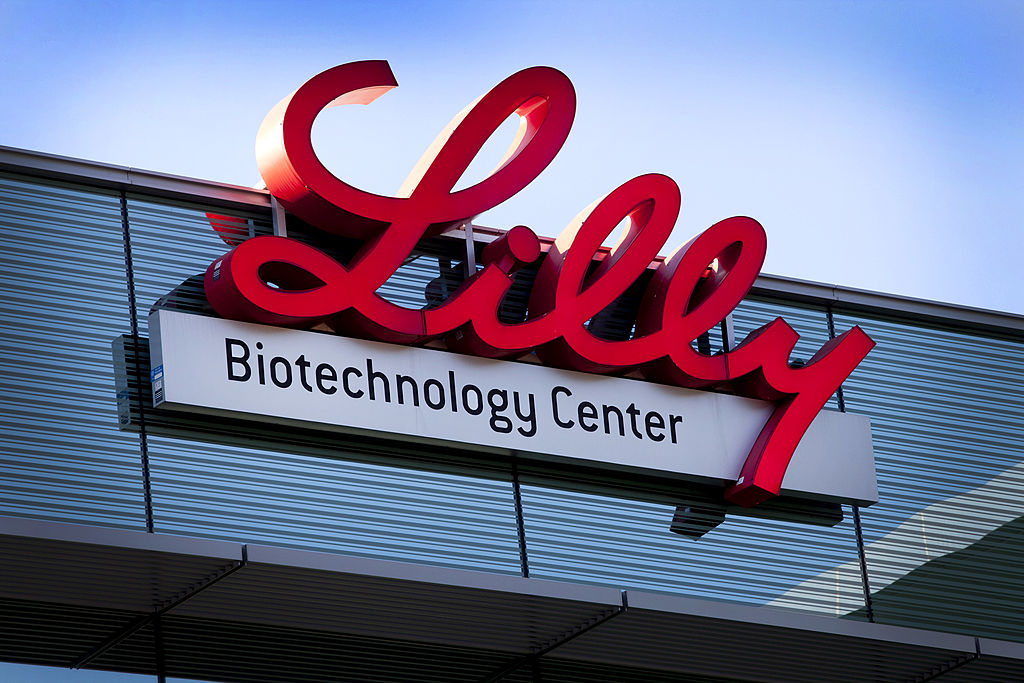

Targeted protein degradation offers the potential to address tough-to-treat diseases, but the first wave of these experimental therapies only addresses disease-causing proteins inside of a cell. Eli Lilly sees the technology of Lycia Therapeutics, which addresses problem proteins outside of a cell, as the next-generation of protein-degrading therapies and it’s paying the startup $35 million to kick off a research alliance.
The partnership announced Wednesday covers up to five drugs. The companies will use Lycia’s technology to discover them, with Lilly shouldering the costs of preclinical and clinical development. The deal gives the Indianapolis pharmaceutical giant an exclusive global license to commercialize those drugs—if they’re approved. Lycia, based in South San Francisco, could earn more than $1.6 billion in milestone payments tied to the progress of those drugs, plus royalties from the sales of products commercialized from the pact.
Protein-degrading drugs leverage a cell’s built in system for disposing of old or damaged proteins, using it to get rid of proteins that cause disease. Those proteins are directed to the proteasome, which is like a cellular dustbin. The “targeted” part of targeted protein degradation refers to the small molecule that latches on to a problem protein and also grabs onto an enzyme that marks that protein for disposal. Companies developing protein-degrading drugs based on this approach, which takes place inside of a cell, include Arvinas and Kymera Therapeutics.
Proteins that cause disease can also be found outside of a cell. These extracellular proteins are the targets of Lycia’s technology, which it calls LYTAC, short for lysosomal targeting chimera. LYTAC drugs, which can include antibodies as well as small molecules, direct disease-causing proteins to a different disposal system called the lysosome. In a statement, Ajay Nirula, Lilly’s vice president of immunology, said his company believes the Lycia technology can develop targeted drugs that were previously not feasible. Potential disease areas for the partnership include immunology and pain, he added.
Other drug developers aiming to use the lysosome to treat disease include PAQ Therapeutics, which recently emerged with a $30 million Series A round of funding. That Cambridge, Massachusetts-based biotech, which is developing small molecule drugs, has an inherited neurodegenerative disorder as its first disease target.
Lycia has not disclosed an internal drug pipeline. The alliance with Lilly is the first one that the young company has announced. The startup launched last year backed by a $50 million Series A round of funding from Versant Ventures. The scientific origins of Lycia are in the lab of Carolyn Bertozzi, a professor of chemistry at Stanford University. In 2019, Bertozzi was among the authors of a preprint describing how a transmembrane glycoprotein could be used to capture and drag extracellular proteins into cells. Those proteins were directed to the lysosome for destruction.
Bertozzi also had a seat as an independent director on Lilly’s board of directors since 2017. In connection with the collaboration and licensing agreement, Lilly announced that Bertozzi has resigned from the board.
Photo: Konrad Fiedler/Bloomberg, via Getty Images


